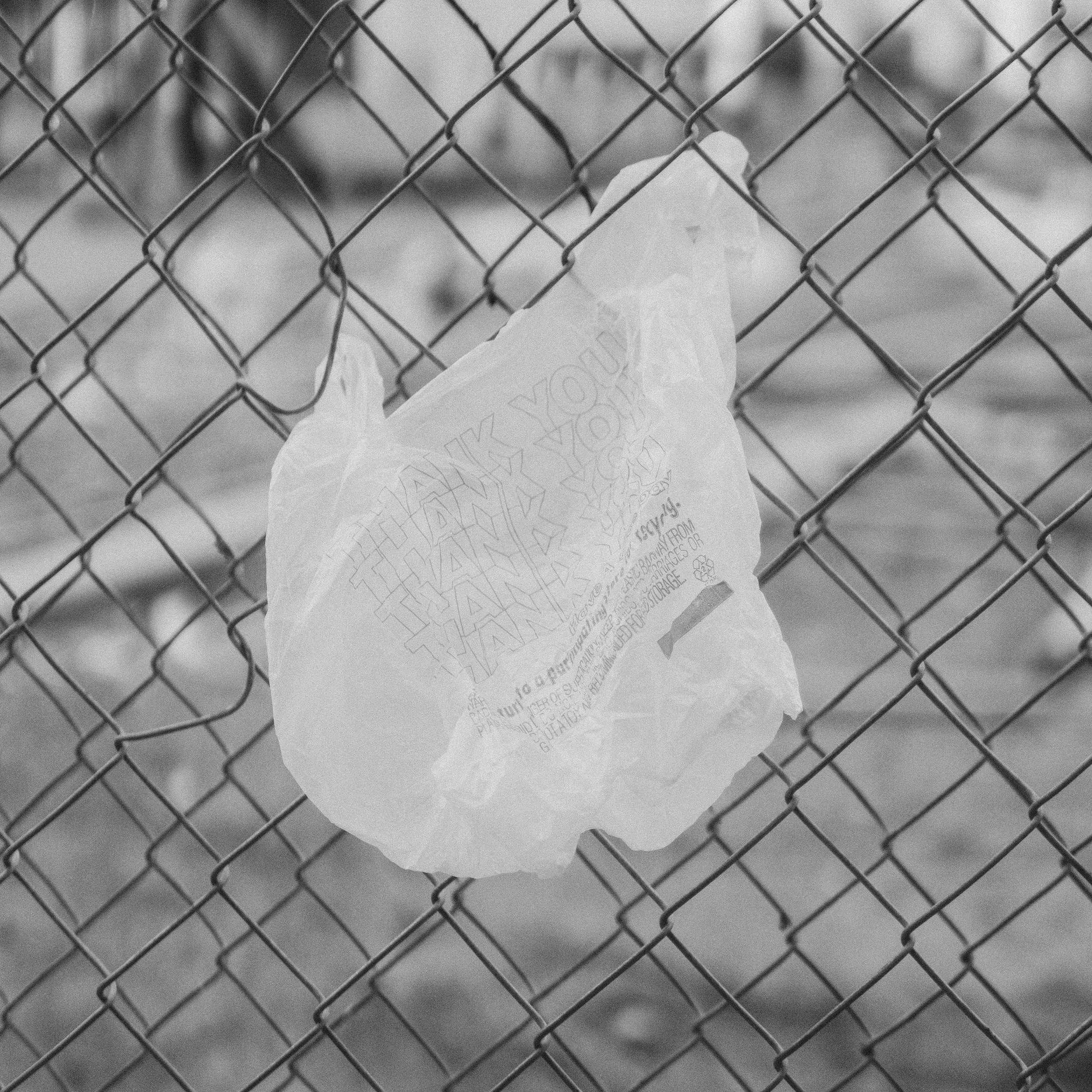Navigating Sustainability Challenges in the Plastics Industry
Plastic, once hailed as a revolutionary material for its versatility and convenience, now stands at the center of one of the most pressing environmental challenges of our time. From polluting our oceans to clogging landfills, the environmental impact of plastic waste is undeniable. As the world grapples with the urgency of sustainability, the plastics industry finds itself at a crossroads, forced to confront its role in the global crisis. In this blog post, we will explore the current sustainability challenges facing the plastics industry and examine how innovations such as BioNatur's landfill biodegradable plastics are providing much-needed solutions.
The Plastic Predicament
Plastic production has soared over the past few decades, driven by its affordability, durability, and versatility. However, the convenience of plastic comes at a significant cost to the environment. Single-use plastics, in particular, have become emblematic of our throwaway culture, with millions of tons ending up in landfills or polluting our oceans each year. The persistence of plastic waste poses a grave threat to marine life, ecosystems, and human health, with microplastics now ubiquitous in our waterways and food chains.
Moreover, the extraction of fossil fuels for plastic production contributes to greenhouse gas emissions and exacerbates climate change. As public awareness of these issues grows and regulatory pressures mount, the plastics industry faces mounting scrutiny and calls for accountability.
Challenges and Opportunities
Addressing the sustainability challenges of the plastics industry requires a multifaceted approach that encompasses innovation, regulation, and consumer behavior change. While recycling efforts have expanded, they are hampered by limitations in technology, infrastructure, and market demand. Furthermore, traditional plastics often degrade into harmful microplastics rather than truly biodegrading into harmless compounds, perpetuating environmental harm.
However, amidst these challenges, there is cause for optimism. Innovators and entrepreneurs are harnessing the power of science and technology to develop sustainable alternatives to conventional plastics. One such innovation is BioNatur's landfill biodegradable plastics, which offer a promising solution to the problem of plastic pollution.
BioNatur's Landfill Biodegradable Plastics: A Game-Changer
BioNatur, a leader in sustainable materials technology, has developed a groundbreaking solution to the plastic waste crisis. Their landfill biodegradable plastics are designed to break down naturally in anaerobic environments such as landfills, without releasing toxins or microplastics into the environment. This innovative technology represents a significant step forward in the quest for truly sustainable plastics.
Unlike traditional plastics which can persist for hundreds of years, BioNatur's biodegradable plastics biodegrade within a matter of 8 to 12 years in a landfill. This accelerated biodegradation process not only reduces the long-term environmental impact of plastic waste but also minimizes the need for costly and energy-intensive recycling processes.
Moreover, BioNatur's biodegradable plastics maintain the same level of performance and durability as traditional plastics, making them suitable for a wide range of applications across industries. From packaging to consumer goods, these sustainable materials offer a viable alternative to petroleum-based plastics without compromising on quality or functionality.
The plastics industry faces unprecedented pressure to confront its environmental impact and embrace sustainability. While the challenges are formidable, innovative solutions such as BioNatur's landfill biodegradable plastics offer a beacon of hope in the fight against plastic pollution. By investing in research, development, and adoption of sustainable materials, we can chart a course towards a future where plastics are part of the solution rather than the problem. It is time for stakeholders across the plastics value chain to collaborate, innovate, and lead the transition to a more sustainable future for our planet and future generations.

